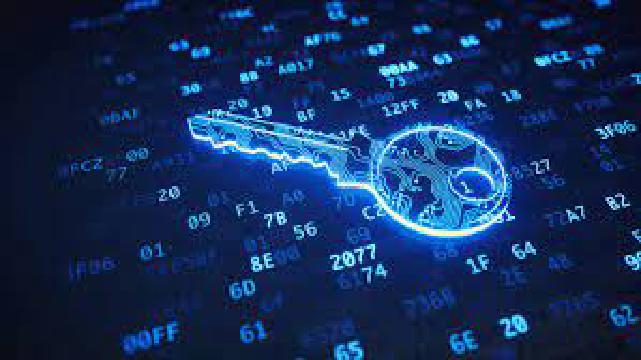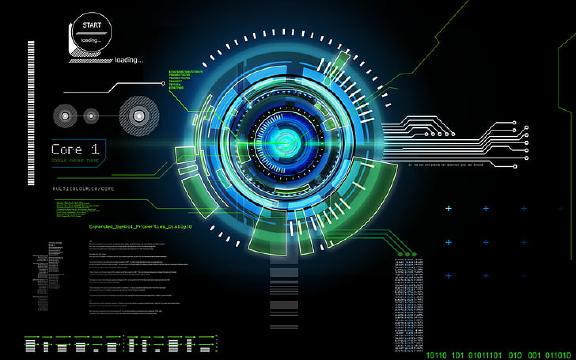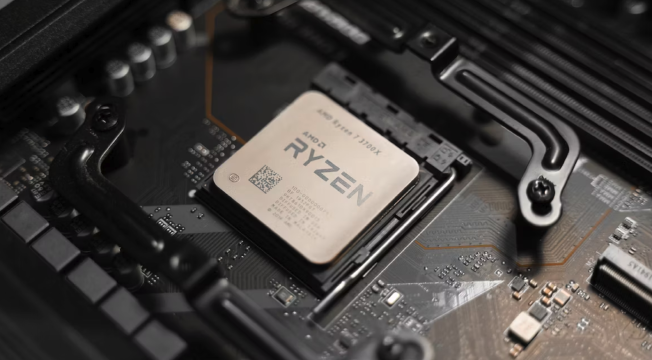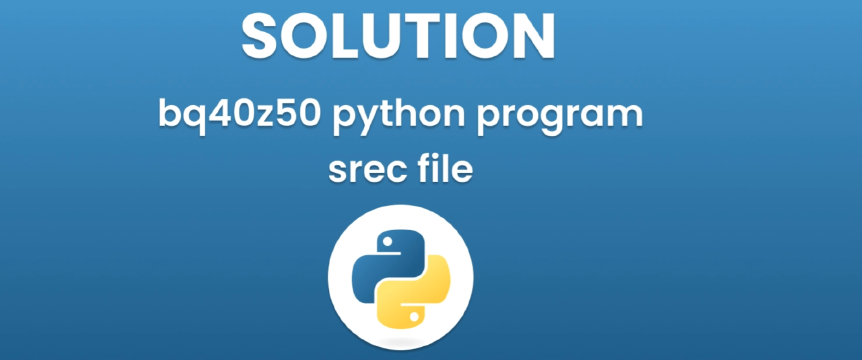Excerpt§
Hashing algorithms like MD5 and SHA256 are essential to data security. However, MD5 has demonstrated significant vulnerabilities while SHA256 remains cryptographically strong. This article explains why SHA256 is more reliable for hashing versus MD5.
Hashing is an essential component of data security. It is used extensively for fingerprinting data, message authentication, integrity checks and more. Two well-known hashing algorithms are MD5 and SHA256. But research over the years has proven SHA256 to be much more reliable and secure compared to MD5. In this post, we’ll compare MD5 and SHA256, look at the vulnerabilities in MD5 and strengths of SHA256, and see why SHA256 is now widely preferred.
Introduction§
Hashing is the process of converting any arbitrary data into a fixed-size value using a one-way mathematical function. Hashes represent the unique fingerprint of the original data. Cryptographic hash functions like MD5 and SHA256 are central to many cybersecurity applications today that rely on verifying data integrity and authenticity.
But as computing power and cryptanalysis techniques advance, weaknesses in these hash algorithms can arise. In particular, MD5 has demonstrated significant vulnerabilities while SHA256 design provides better security assurances even against modern threats.
What is SHA256?§
SHA256 or Secure Hash Algorithm 256-bit is a cryptographic hash function designed by the NSA and published in 2001. Here are its main features:
Produces a 256-bit (32 byte) hash value.
Provides high security against collision attacks and vulnerabilities.
Very fast computation optimized for 32-bit processors.
Dual use for both integrity and authentication applications.
Widely adopted in cryptocurrencies, password hashing, digital signatures and more.
Thanks to its superior algorithm, SHA256 remains one of the most widely used and trusted hashes today.
An free online tool to quickly verify your answersWhat is MD5?§
MD5 or Message-Digest Algorithm 5 was created in 1991 by Professor Ronald Rivest. Key points about MD5:
Produces a 128-bit (16 byte) hash value.
Designed for speed and efficiency on 32-bit processors.
Used historically for applications like digital signatures and file integrity checks.
Helped popularize cryptographic hashing for internet security protocols.
Found vulnerabilities in its design as early as 1996.
Though groundbreaking in its time, MD5 is now considered insecure against modern attacks.
An free online tool to quickly verify your answersVulnerabilities of MD5§
Due to flaws in its algorithm, MD5 has succumbed to various vulnerabilities:
Collision attacks can easily find inputs with the same MD5 hash.
MD5 hashes can be reverse-engineered to find the original data.
Digital certificates relying on MD5 have been compromised.
Rogue Certification Authorities have issued false SSL certificates exploiting MD5 weaknesses.
These vulnerabilities allow attackers to spoof digital signatures, tamper with data, and impersonate identities that rely on MD5 for security.
Strengths of SHA256§
In contrast, SHA256 provides much stronger defenses against threats:
Significantly resilient against collision attacks.
No known avenues for reverse-engineering SHA256 hashes.
Longer 256-bit digest makes brute force attacks infeasible.
Designed to have high avalanche effect even for small input changes.
Together these properties give SHA256 the cryptographic strength to prevent spoofing, tampering, and impersonation.
SHA256 vs MD5§
Let’s recap the key differences that make SHA256 superior:
Hash Length – 256-bit vs 128-bit makes SHA256 harder to crack.
Collision Resistance – SHA256 prevents collision attacks that break MD5 security.
Reversibility – MD5 can be reversed while SHA256 hashes cannot be deciphered.
Speed – Both optimized for 32-bit CPUs but SHA256 is faster.
Security – SHA256 provides much stronger assurance of data integrity and authentication.
Conclusion§
In summary, SHA256 offers vast improvements in security over outdated algorithms like MD5. Its collision resistance, irreversible hashing, 256-bit output and optimized speed make it highly reliable for modern applications. To safeguard sensitive data and transactions, adopting SHA256 for hashing is a must today. By phasing out vulnerable MD5 implementations and upgrading to SHA256, organizations can future-proof their cryptographic defenses.















